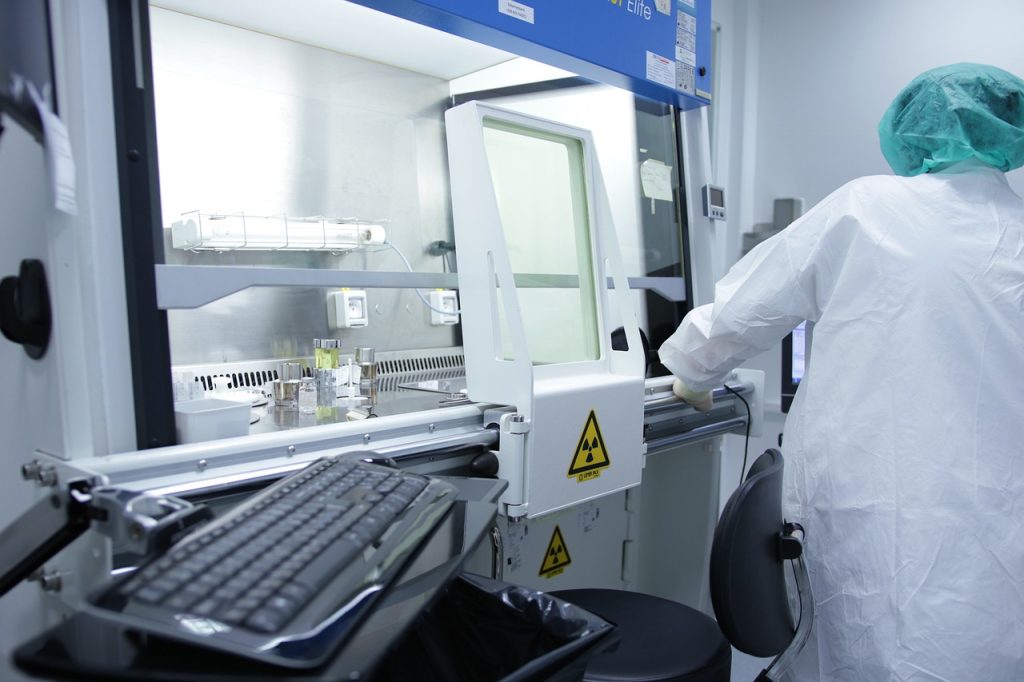Starting the path toward becoming a Project Management Professional (PMP) is a big step toward job advancement. The PMP certification is widely accepted as well as might lead to new prospects in the project management industry. But before enrolling in a PMP course, it’s important to comprehend several important concepts that will influence your preparation along with a learning process. Here are five key facts concerning the PMP Course that you should be aware of. You’ll be in a better position to make wise choices, establish reasonable expectations, and successfully manage your road to certification by being familiar with these principles.
1. Eligibility Requirements
It’s critical to comprehend the qualifying requirements established by the Project Management Institute (PMI) prior to enrolling in a PMP course. These specifications guarantee that applicants possess the training in addition to experience required to gain certification.
In order to have PMP certification, you must be qualified which means you need to have a formal education, and also project management experience. If you have a four-year degree, you will need at least three years project management experience. Qualifications include an associate’s degree or high school diploma along with five years of project management experience. All candidates also need to have finished 35 hours of project management instruction or training. It is imperative that you evaluate your credentials in light of these requirements prior to devoting time and funds to a PMP course.
2. Course Content And Structure
Comprehending the syllabus and organization of a PMP course is essential for efficient planning along with time management. The Project Management Body of Knowledge (PMBOK) Guide’s list of project management knowledge areas alongside procedures is usually covered in full throughout the course.
As subjects, generally taught in PMP courses are project integration management, project scope management, schedule management, cost management, and quality management, resource management, communications management and risk management, procurement management, and stakeholder management. Lectures, interactive discussions, case studies and practice exams are part of the course framework. It might be beneficial to familiarize yourself with this material in advance so that you can create a study regimen and reasonable expectations.
3. Time Commitment And Study Methods
It takes a lot of time to be ready for the PMP test. You may optimize your learning efficiency and strike a balance between your preparation as well as other obligations by being aware of the anticipated time commitment along with efficient study techniques.
The majority of PMP courses advise allocating 150–200 hours of study time over two to three months. This involves showing up to class, reading the readings, and working through the practice questions, as well as taking the mock test. Study techniques that work well frequently combine reading, taking notes, participating in group discussions, alongside applying knowledge practically. It’s critical to evaluate your present obligations and estimate the amount of time you can devote to PMP preparation. Establishing as well as adhering to a disciplined study plan can significantly increase your chances of success.
4. Exam Format And Passing Score
Focused preparation and stress management on exam day necessitate familiarity with the PMP exam methodology as well as passing standards. Gaining an understanding of these specifics will enable you to customize your study strategy in addition to boost your self-assurance while you pursue certification.
180 multiple-choice questions make up a PMP test, which you have 230 minutes (less than 4 hours) to do. The purpose of a question is to assess your understanding of project management principles along with your capacity to use them in practical contexts. The test is computer-based as well as employs a scaled scoring system. Although PMI does not provide a precise passing score, it is well known that answering properly on about 70–75% of the questions is enough to pass. By being aware of this structure, you may concentrate on your areas of weakness and put time management techniques into effect.
5. Maintenance And Continuing Education
Passing and becoming a PMP certified Project Manager doesn’t mean it is the end of your career. To have long term professional advancement in project management, you need to know the criteria to keep your certification current and the benefits of continued education.
However, to retain your PMP certificate you have to earn 60 Professional Development Units (PDUs) within a three-year cycle. These PDUs can be attained in the ways from attending seminars and workshops, to participating in field project management support, or via self-directed learning. This requirement for ongoing education assures certified project managers are current on industry trends and best practices. With the realization of the benefit of ongoing education and a plan you can now capitalize on your PMP certification throughout your career.
Conclusion
You will be well on your way to earning and retaining your PMP Certification in San Diego if you comprehend these five important details about the course: There are eligibility requirements, course content and structure, time commitment, study methods, exam format and passing score, and what it will take to achieve and maintain certification and continuing education, along with the maintenance and certification journey. Remember that getting your PMP certification is a big deal and will give you new career avenues in addition to bettering your project management skills.
Avid Writer with invaluable knowledge of Humanity!
Upcoming historian with over 30 million views online.
“You make your own life.”





